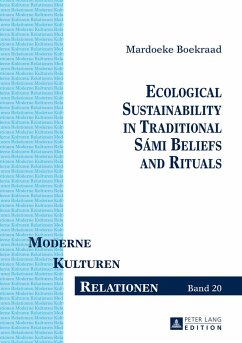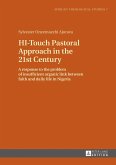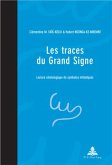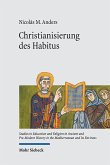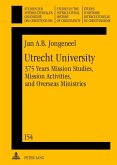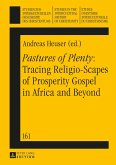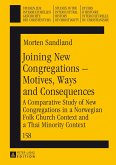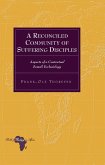The book gives a detailed overview of relevant traditional indigenous Sámi myths, beliefs and rituals based on empirical findings. The author inquires whether and how they are related to an ecologically sustainable use of the natural environment. Her main sources are ancient missionary texts, writings by Sámi and contemporary interviews with Sámi individuals. The traditional value system included ecological sustainability as a survival strategy. Beliefs and rituals, transmitted via stories, incorporated these values and transmitted a feeling of a round life, despite the strict rules for right behavior and punishment for transgressions. The term round symbolized a sense of safety, interconnectedness, reliance on mutual help and respect, identification and empathy with all living beings.
Bitte wählen Sie Ihr Anliegen aus.
Rechnungen
Retourenschein anfordern
Bestellstatus
Storno

